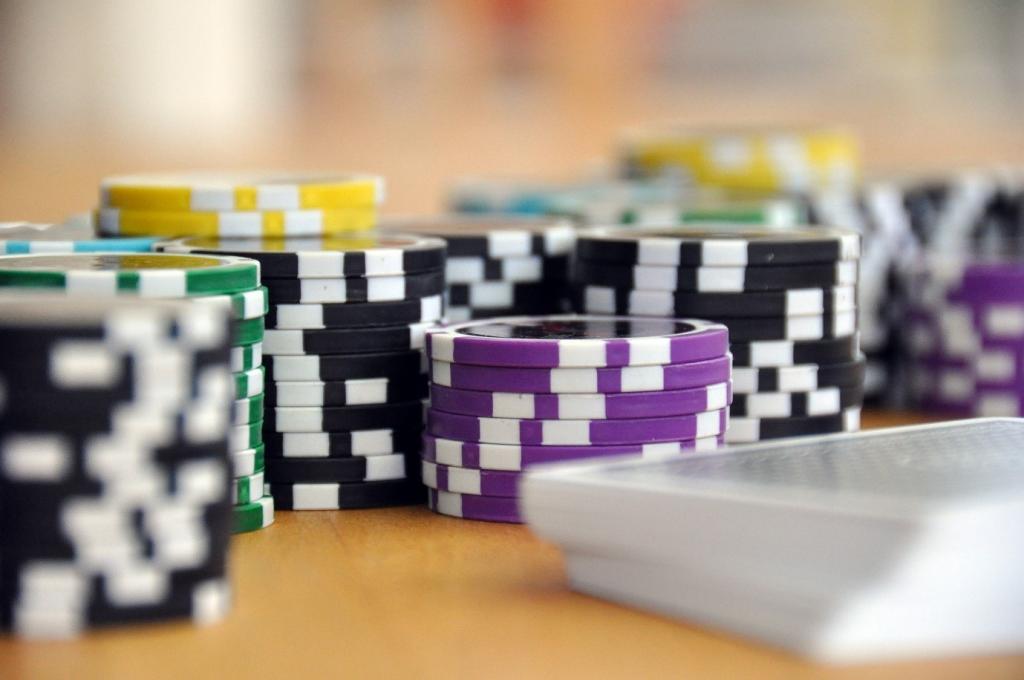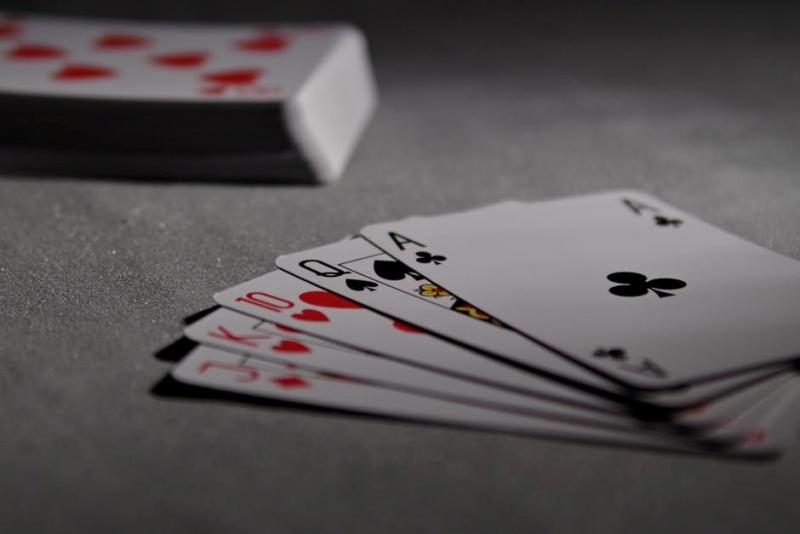Sports are a great way of meeting new people, enjoying a competitive edge and of course staying fit. It’s no wonder that colleges and universities are such advocates of using sports as a way for their students to socialise and push themselves, whilst also being a great advertising tool if plenty of sports are on offer. From football to ultimate Frisbee, you’ll be pushed to find another environment where there are so many new and exciting sports are on offer.
However, there is a battle raging at the moment, specifically about what constitutes a sport, and what is simple a ‘pastime’ or ‘hobby. With more people than ever now proclaiming that games like darts, pool, bowling and even chess are sports, as well as the vast number of gamers arguing that e-sports should be classed firmly in the ‘sport’ category, institutions like colleges are having to carefully consider what different activities should be classed under.

But what about poker?
One of the ‘sports’ that is being pushed is poker, or more specifically tournament-based Texas Hold ‘Em. Poker may have existed as a simple card game for almost 200 years, but now the fast-paced, competitive modern game is pushing for reclassification, with poker fans determined to get recognition and inclusion for a variety of reasons.
The argument is that poker isn’t just a game of chance, with luck only playing a certain part in the game. Players must not only understand the rules and the outcomes of each hand, but also use advanced decision making skills and a strategy to stand a chance of winning. That and the fact that games are strenuous, often taking several hours to complete and requiring vast amounts of concentration are all contributing factors to the cause.
Detractors aren’t convinced though. It seems the lack of physical movement and firm association with terms like ‘gambling’ and ‘card game’ just don’t cut it for inclusion. Poker and gambling still have strong connotations with certain groups in society, and the thought of poker being included alongside other run-of-the-mill sports is unthinkable. It seems that the element of luck that is definitely present in pretty much every sport in the world is too much of negative factor for poker to be factored into the running, as well as the fact that money is consistently at stake. Have they never heard of sports betting?
Poker – the young person’s game
Poker playing students don’t really seem to care how the game is classified. More 18-24 year olds than ever are playing poker, making poker a young person’s game. It seems the ubiquity of laptops and mobile phones has built a new demographic that is beginning to dominate both physical and virtual gameplay.
Tournaments, league systems and even teams exist in education systems all over the world. From simple dorm room setups to official games taking place on university and college property, plenty of students are getting stuck into the action and earning extra cash or even funding their fees through games of poker, both online and offline. There are even ‘poker universities’ including the likes of Yale and Harvard, where poker isn’t an official activity on the curriculum, but certain alumni have gone on to become world-beating players and even professionals. Just look at Vanessa Selbst, who claims that it was her time playing high-stakes games at Yale that led her to become a full-time professional poker player.
But how can poker help out students?
There are certainly benefits to organised poker, rather than ad-hoc games that will take place anyway, and could result in students betting more than they can afford. With organized tournaments and league systems, students can play in a safe environment and use games as a learning experience. Instead of being turned over by a shark in a dorm-room game, players can have an easier ‘baptism of fire’ without putting any tuition money on the table.
The other benefit is that poker requires plenty of brainpower, and if you know about odds theory, some pretty advanced mathematics. Memorising possible finishes and even rudimentary forms of card-counting may often be frowned upon, but they are great brain workouts, ideal for people who are pursuing a degree and need as much mental exercise as possible.
The other key factor is that it’s possible to earn a living from poker if you become good enough. As well as competing at college or university and becoming better at their game, students can also get stuck into online games where big money can be made with plenty of practice. Market leading websites 888 Poker is a great starting point for any aspiring poker star, with plenty of varieties of the game for all budgets and even exciting features like Live Poker, where the action is streamed straight from the casino.
Even if poker eventually makes it onto the ‘sport’ list, it won’t really matter. Poker is becoming more popular, especially for intelligent but cash strapped students who are looking to take advantage of their ability to memorise big chunks of information. If you’re a student, we’d definitely recommend poker a as great way to unwind and win some money, but stress that it isn’t a guaranteed income every time; there’s always a bigger shark around the corner. What poker can offer however is a brilliant way to meet new people, learn new skills, enjoy a bit of competitiveness and hopefully take home some money if you manage to maintain your nerve and your poker face.

